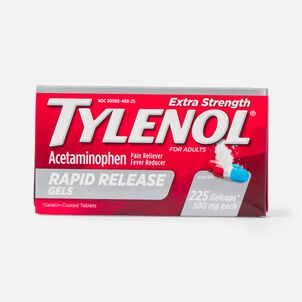It's a common question. And there isn't any one "right" answer. It all depends on your circumstances. Let's hone in on FSAs and HSAs first.
IRS Section 233 defines an eligible individual for purposes of health savings account (HSA) contributions as "any individual who is covered under an HDHP on the first day of such month and is not, while covered under an HDHP, covered under any health plan which is not a high deductible health plan, and which provides coverage for any benefit which is covered under the high deductible health plan."
Meanwhile, Flexible spending accounts (FSAs) and health reimbursement accounts (HRAs) are health plans, so if they provide coverage for any benefit which is covered under the high-deductible health plan (HDHP), then you will not be eligible to contribute to an HSA.
To make it a little easier, let's take a look at common tax-free health care options and their compatibility with HRAs:

General medical FSA
An HRA can be used in tandem with a general medical flexible spending account (FSA). Typically, qualified expenses are paid from the FSA first to avoid forfeiting funds, and then funds from the HRA are used to cover any additional qualifying medical expenses.
Limited care FSA (limited to dental, vision, and specific over-the-counter items):
HRAs can also be used with limited care FSAs (LCFSAs) over the course of a plan year. While LCFSAs are limited to dental and vision services and product purchases, HRAs can cover many of the qualifying medical expenses that a general medical FSA would cover.
Health savings account (HSA)
If you participate in an HRA, you are no longer eligible to contribute to your HSA. But, if your employer offers an HRA that only covers dental, vision and specific over-the-counter items, you can participate in an HRA and contribute to an HSA.
Your employer may also offer a different HSA-compatible HRA, such as one that doesn't start working until you've met the minimum deductible required under your HSA. In all cases, check with your HR department or HRA administrator about what plans are available, and which option might work for you.
Finally, if you carry an HSA but do not make contributions, that doesn't change your HRA eligibility. Remember, FSA and HRA status affect HSA eligibility, not the other way around. For more information about these accounts, go to our FSA Learning Center.
















